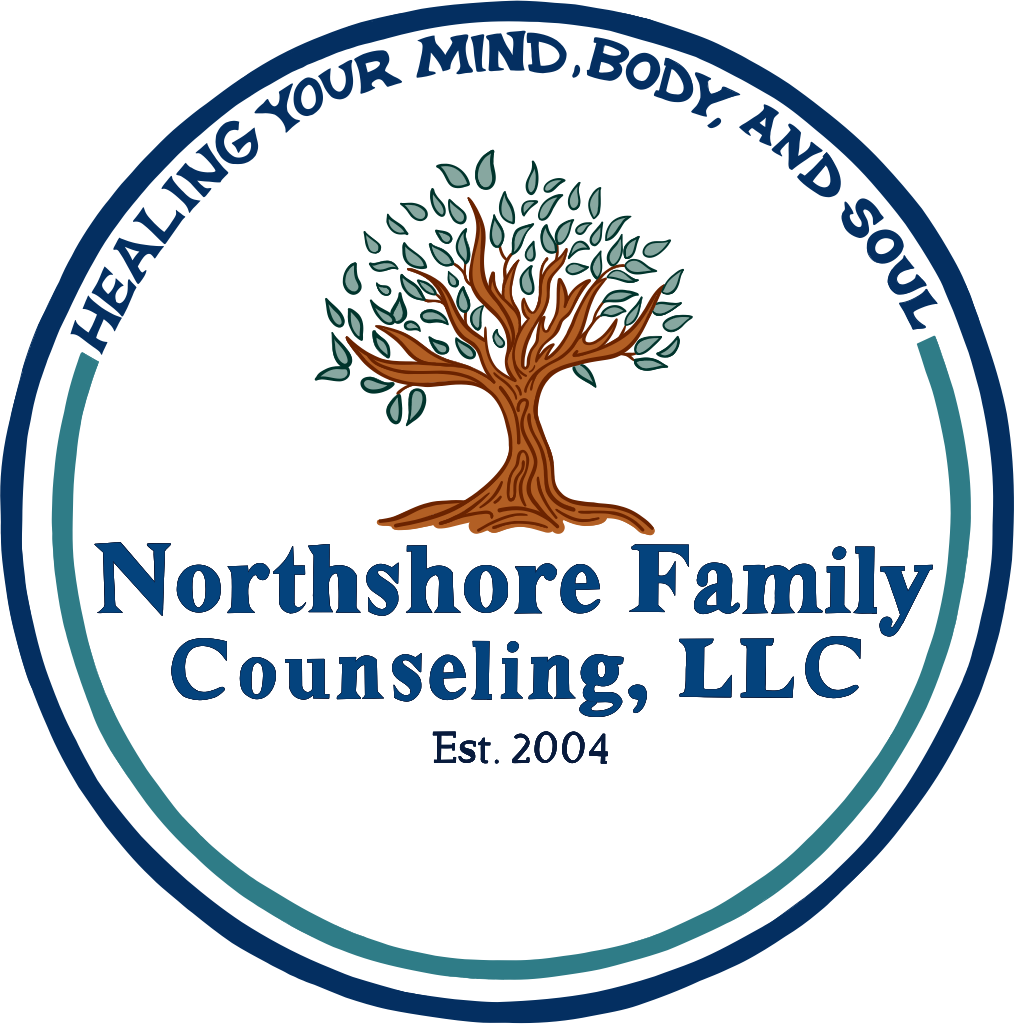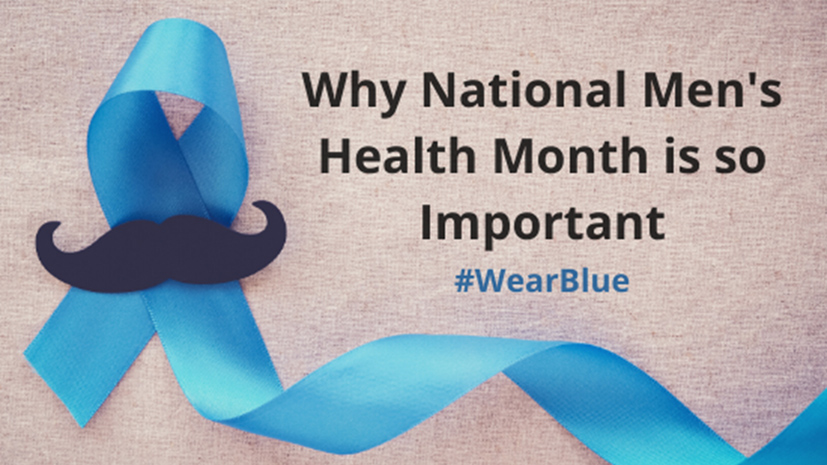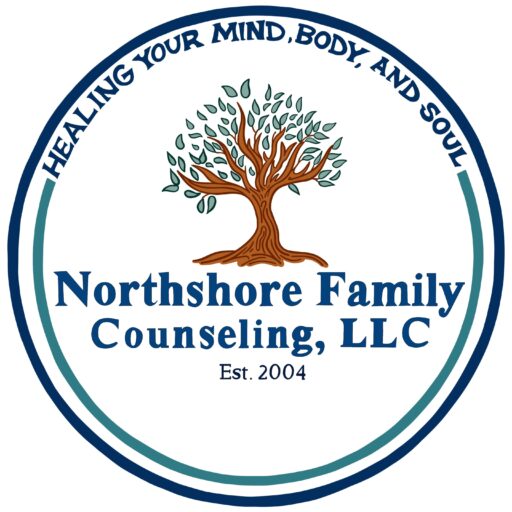Every June our country celebrates Men’s Health Month. Many men in America may think their focus this month is best spent on learning new ways to stay fit, eat healthily, ensure good heart health, and learn about other men’s health issues like how to recognize prostate cancer warning signs. In addition to these focuses, we encourage New Orleans-area men to think about a different aspect of their health – their mental health.
How Men Experience Mental Health Issues
According to the National Alliance on Mental Illness (NAMI), 1 in 5 American adults experience a mental illness like depression or anxiety. While it’s believed men experience these mental illnesses at a lesser prevalence than women, it’s also well-known that men are less likely to seek help when they are experiencing a mental illness. In reality, we may not be able to accurately pinpoint just how prevalent mental health issues are in men because they don’t always seek help, or even recognize that they could benefit from counseling.
Part of the reason men don’t seek help as often as women are because common men’s mental health issues like depression and anxiety can look different in men. It can be difficult to identify, and therefore men don’t realize they’re experiencing a mental health issue.
While women tend to exhibit the more common symptoms of mental illness, such as sadness, worrying, and fear, mental illness can look different in men. Men may exhibit symptoms like stress, anger, difficulty concentrating, or disturbances in sleep or appetite that aren’t always as easily tied to mental health concerns.
What Causes Mental Health Issues in Men?
Oftentimes, societal pressures cause men to experience the above-mentioned mental illness symptoms. Among these pressures and unrealistic expectations placed on American men include:
- Feeling pressured to lead the family and always have a solution for fixing any problem that arises at home.
- Balancing work and family/married life, especially when there are expectations for men to “move up” the corporate ladder.
- Being the family’s main provider and “breadwinner.”
- Managing the family’s finances and providing financial security.
- Simultaneously being the “perfect” husband, dad, and employee at all times.
Why Men Don’t Seek Out Counseling
Our culture places a huge stigma on seeking out help for depression, anxiety, and other mental health concerns. This is even more true for men who are taught from a very young age to act “tough” and hold their emotions in. As a result, many men suffer alone in silence and don’t get the counseling services that could improve their lives and their happiness.
Counseling That Helps With Men’s Mental Health Issues
Since men tend to be goal-oriented, cognitive-behavioral therapy (CBT), which is all focused on outcomes, is a great counseling option for men who feel stressed or worn out from the demands on their lives.
This type of therapy is typically:
- Shorter than other types of therapy.
- Focused on teaching men coping skills and tools for managing their mental health symptoms.
- Gives men actionable items to implement after each session.
In our practice, we have counselors trained in CBT techniques who can help local men on their path to health and happiness learn to manage unwanted stress and other men’s mental health symptoms.
Contact Us to Be Matched with a Counselor
We have several counselors in our New Orleans-area offices and can match men with a great fit, including matching men with a male counselor, if they would feel more comfortable working with another man.
To get started, simply reach out to us by calling (504) 302-7771 or filling out our online contact form.
- About the Author
- Latest Posts
At Northshore Family Counseling, we are passionately committed to providing clinically competent counseling to the Northshore community and surrounding areas. Our goal is to guide individuals, families, and couples on a journey of self-exploration and growth, empowering them to live life to its fullest potential. Serving the areas of Slidell, The Northshore, and Greater New Orleans, we extend our support to children, adolescents, adults, couples, families, and churches.







